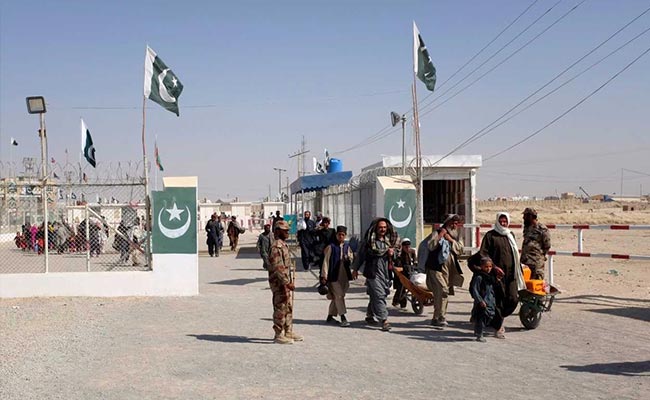If passed, the bill would limit correspondence and visitation rights during the first 10 years of detention to people the prisoner knew before incarceration. It would also ban them from sharing details about their criminal activities on social media or on podcasts. There are narrow exemptions for prisoners whose families decline to contact them, according to a Justice Ministry summary of the law.
Justice Minister Nick Hækkerup said in a statement that detainees facing life behind bars should not be able to use Danish prisons as dating centers or platforms to brag about their crimes.
Madsen, who was known for his crowdfunded submarines and rockets before becoming a murderer, was convicted of the 2017 killing of Kim Wall, a 30-year-old Swedish journalist. Madsen sexually assaulted her while she was on board his submarine for an interview, Danish prosecutors said. He then dismembered her body — severing her limbs, head, and torso. The submarine sank in what police said might have been an attempt to destroy evidence. Authorities eventually recovered Wall’s body.
After his arrest and eventual conviction, Madsen met Jenny Curpen, a Russian artist in exile. She married Madsen after correspondence and visits that began in 2018, according to the BBC. The inmate also carried out a phone and writing relationship with Cammilla Kürstein, who was then 17 years old, according to Danish public broadcaster DR.
Romantic relationships between prisoners and followers on the outside are not a new phenomenon in Denmark. In 2015, Danish inmates set up a “Date an Inmate,” a Facebook group. Within two weeks the group had gained some 10,000 members. It now has close to 30,000. (The United States, with roughly 2 million people incarcerated, also has similar websites.)
Right-wingers in Denmark have long been calling for more restrictions on prison visits, according to the BBC, and the conservative political opposition has signaled its backing for the legislation. Denmark’s center-left government has instituted numerous right-leaning policies, including tighter restriction on immigration and pushing some Syrian refugees to return to the war-torn country.
Read more:
.png)










 English (United States) ·
English (United States) ·  Turkish (Turkey) ·
Turkish (Turkey) ·